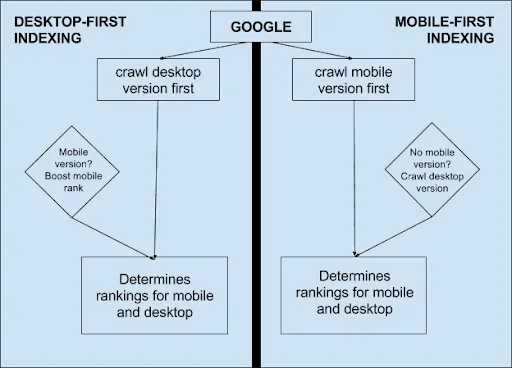

It’s that time of year again. With Christmas just around the corner, it’s not just family that you want to please this festive period. Search engines, like Google, will also require your love and ongoing undivided attention all year round. Needy, eh?
Make no mistake, however, with the rise in popularity of AI-powered voice ecosystems, voice search is changing the landscape of SEO.
Digital marketing professionals and businesses alike will need to be prepared for 2019, arguably more so than ever before. Our tips below are designed to help adapt SEO strategies and to help prepare you for 2019.
Voice Search
The continued rise in popularity of voice search can only mean that we need to adapt to more conversational based searches. In fact, it’s reported that last year alone 58% of consumers used voice search to find local business information.
Put this into action
Adjust your target keywords to cater more to specific conversational based searches, you can and should even spin long tail keywords into queries. You’ll then be able to shape content around answering such queries, which could be in the form of a blog article or even an FAQ page. Remember to include the search query as you normally would as an H1, H2, or H3.
Featured Snippets
Featured snippets, the search results that typically feature at the top of Google’s organic search results come in many forms such as answer boxes, along with ‘People also ask’ which Google deems to be relevant based on the original search query.

The purpose of such boxes is part of an on-going effort by Google to answer questions as quickly as possible and further enhance the user experience. in many cases, it removes the need for the user conducting the search to click-through. Regardless, this is a great opportunity to increase organic impression share, and be seen as an authoritative and helpful source.
Put this into action
The techniques previously suggested for optimizing for voice search can also be applied to featured snippets, as of course, you are also answering a query.
While there is no hard and fast way to appear in featured snippets, we do know that Google favours numbers, steps, and lists alike. For instance, have you ever searched Google for a recipe? If yes, then you would have likely noticed that ingredients are presented to you in a clear and concise list form.

If you have figures and intriguing stats, then be sure to include them when creating content designed to be featured in rich snippets.
Speed Up
Improve your mobile and desktop page load times, or get left behind. While it’s no secret that page speed is a ranking factor, lately page speed has become more important than ever before.
In fact, to be successful in optimizing for featured snippets, and voice search, a fast loading website will help your chances, as of course, Google wants to return answers as quickly as possible.
As recent as July 2018, Google announced to the world that they will be using page speed in mobile search rankings too.
Put this into action
To improve your page speed across desktop and mobile you will first need to have a good understanding of how your website is performing, thankfully, by using Google’s PageSpeed Insights not only will you get a score out of 100, you will also get some top recommendations that you can follow to speed up.
Be Mobile Ready
Granted in the realms of SEO there has been much said in recent years around the importance of mobile optimisation. However, in March 2018, Google announced a game changer, the rollout of what they dubbed the mobile-first index. Simply put, if you have both a desktop and mobile version of your website, then Google bot will first crawl the mobile version when deciding how to rank your website.

Image Source Moz.com
If you don’t have a responsive website or a dedicated mobile site, then, getting one is a must, without one you’ll be missing out on reaching prospects and customers alike who are browsing using multiple devices.
Put this into action
It’s good practice to ensure that both your mobile and desktop sites have the same primary content. This should include metadata such as page titles and descriptions too. However, remember as per the last recommendation to also ensure that you reduce the mobile page load time, as this is a key ranking factor.





